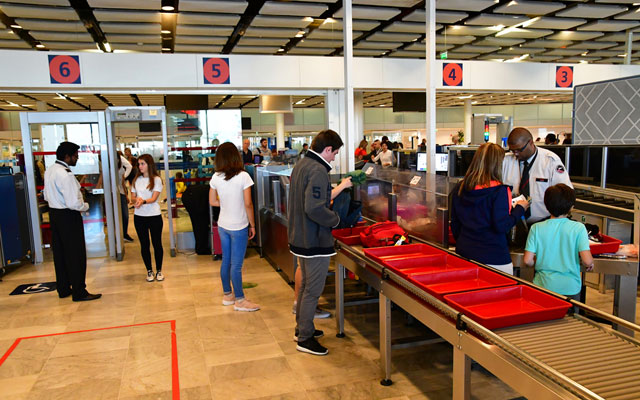Safety and security may be fresh on the minds of the public following the tragic shootings in Christchurch and the Ethiopian Airlines flight crash in recent weeks, but this has not dampened the outlook of business event buyers at IT&CM China, who see the incidents as isolated occurrences.
Delegates interviewed believed the impact of recent incidents on meetings in Asia would be limited, and the solidarity of the industry in tackling participant and organiser concerns about safety and security would be positive steps moving forward.

For Avinash Kumar Khanapur, travel consultant at Avni Holidays, India, clients are asking more safety-related questions and buying comprehensive insurance that covers terrorism. Some of his clients are avoiding Paris. “Small groups in a foreign destination are asking for escorted tours, rather than free time to explore the city,” he continued.
On the other hand, Noor Ahmad Hamid, regional director of ICCA Asia-Pacific, does not believe the recent attacks in Christchurch will affect the industry. “It is important for the industry to come together to show support, while event organisers have to be vigilant.” ICCA has 11 members in New Zealand.
“I do not think random acts of terrorism will stop people from attending business events. However, organisers will have to take more precautions and steps to ensure the safety of their personnel. For instance, we have added more questions to the security evaluation forms that staff have to complete before they are given permission to travel,” added Saurav Chakrabartty, corporate travel buyer, Siemens, India.
Russia’s Oksana Tcoi, MICE operation manager, Rozintour, pointed out that other incidents such as the 2003 SARS outbreak had a much bigger impact compared to terror attacks.
“For our programmes, travel insurance is a must and we also send a doctor on our educational programmes with young participants,” Tcoi said.
Other ways travel suppliers can act to address safety include having a risk management plan, advised Melbourne-based Mike Williams, senior partner and consultant, GainingEdge.
“No matter what, people will continue to travel for meetings and we will have to rely on our local partners to be well informed,” said Vietnam’s Robert Tan, executive director, JTR Events & Marketing.
Meanwhile, NTOs and governments have a key role to play in disseminating information and raising safety standards.
Mint Leong, director, Sunflower Holidays, Malaysia, commented: “In some destinations where there were incidents in the past, clients want us to guarantee that the destination is safe when they visit. We are not in a position to do so. This is where NTOs play an important role. Information should be readily available and accessible on what public safety steps have been taken.”
Biometric screening, face recognition and other new technology were cited as examples of what governments and businesses could invest in and utilise to raise safety and security standards.
ICCA Asia-Pacific’s Hamid suggested that governments could do more to ‘pre-clear’ bona fide delegates and make baggage screening compulsory, instead of random checking.
An industry veteran added that fingerprint scans at airports to enter a country should also be made compulsory for everyone regardless of age.
- additional reporting by S Puvaneswary





















